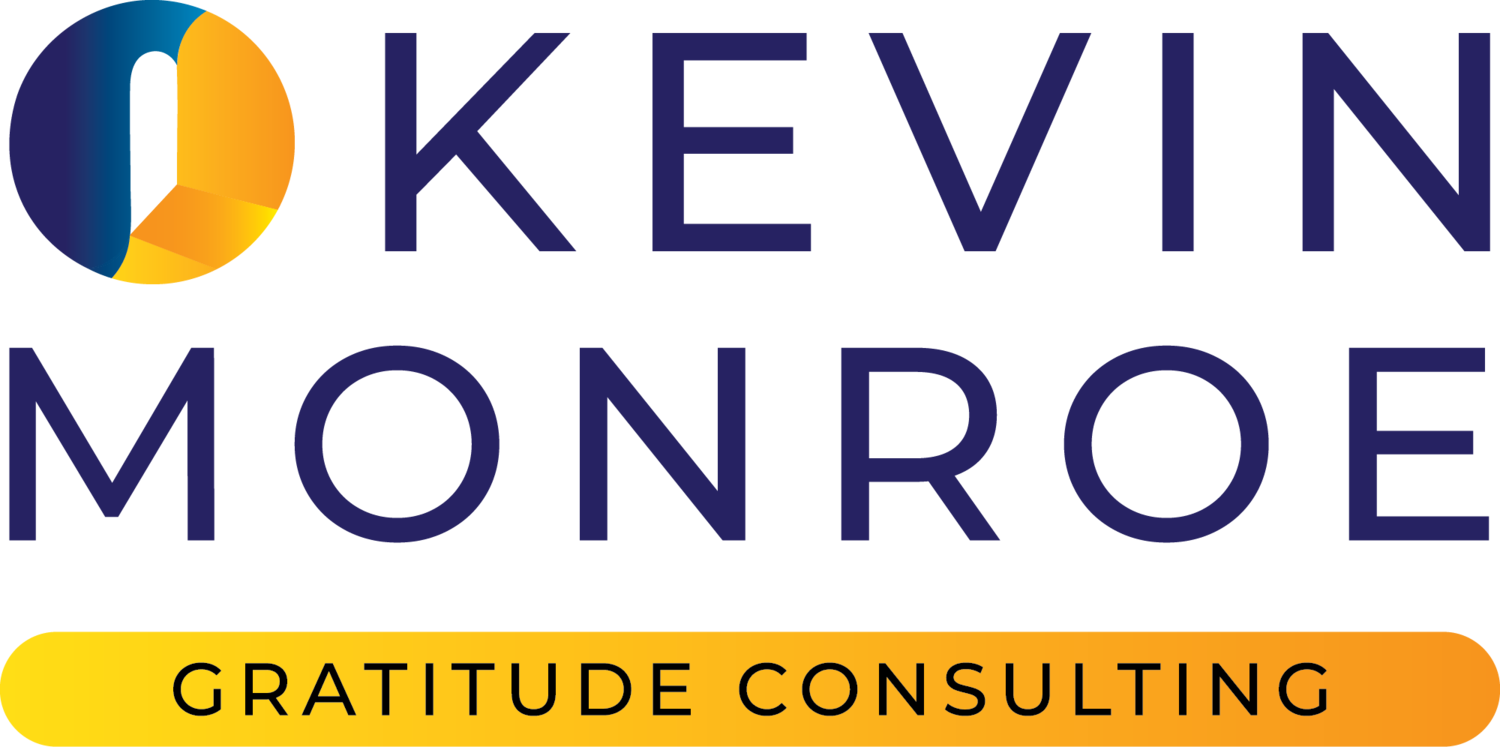
THE IGFY NEWSLETTER
Higher Purpose Podcast 104: Exploring Forgiveness
When Anthony Thompson was 7 years old, God spoke to him and said: “you’re going to be a preacher.” He heard from God throughout his life, and his work as a man of the cloth, and again in the summer of 2015 when his wife, Myra Thompson, was murdered by a white supremacist while she was at church. Forgiveness is a pillar of many religions, but practitioners often find it easier to talk about than to put into practice. This is not the case for Pastor Anthony Thompson. In this episode of the Higher Purpose Podcast, he shares with us how God helped him to forgive the perpetrator, and feel peace again.
Listen to the full episode
The Lightness of Forgiveness
Kevin shares a quotation from Called to Forgive, and Anthony talks about how forgiveness is a journey that ultimately, is about the person doing the forgiving, and heals their life along the way. There are different aspects of forgiveness, and Anthony explains what they are, and how they are involved in the process. Forgiveness is a decision that you make.
Incurring a Debt
When you harm someone, Anthony believes you incur a debt. In the case of the murderer, the debt is in the form of multiple life sentences. Paying your debt is different than repentance, and Anthony explores the theological process of forgiveness, debt, and repentance. This process doesn’t necessitate a response to forgiveness, as satisfying as it might be - but it’s important to remember that forgiveness is for the person who was harmed, not the person who caused it. It releases the control the offender has over the victim.
When is Reconciliation the Goal?
Not every event that requires forgiveness gets a reconciliation, and that can be challenging, especially when it’s close to home. Kevin and Anthony discuss how to manage those situations and the feelings that arise because of it. “Forgive and Forget” is a saying that may not mean exactly what people think it means. Forgetting, in this context means not hating, and not taking revenge, but doesn’t mean losing the memory of what happened, or working to prevent it from happening again.
The Consequences of Unforgiveness
Anthony talks about the physical, mental and spiritual consequences of not forgiving those who have harmed you. The impacts of forgiveness and unforgiveness are not just personal, it affects communities, cities and whole countries. The response of the people of Charleston in 2015 was forgiveness, and that allowed them to begin healing. Kevin points out that when we have been wronged, we often want to take things into our own hands, and Anthony talks about what happens when you choose to put it into the hands of God.
The act of unforgiveness, or not forgiving, is like drinking poison and expecting the other person to die.
Remembering
Anthony shares what the community does each year as a memorial for the victims of the shooting. There are several purposes to these memorials: to honor and remember the victims, to connect with members of the community and other denominations, and to work together towards racial reconciliation and repentance.
Anthony and Kevin close the conversation with a reiteration of the power of genuine forgiveness and the benefits of making the choice to do so.
Resources
Victims of the Charleston Shooting:
- Clementa C. Pinckney
- Cynthia Marie Graham Hurd
- Susie Jackson
- Ethel Lee Lance
- DePayne Middleton-Doctor
- Tywanza Sanders
- Rev Daniel L. Simmons Sr
- Sharonda Coleman-Singleton
- Myra Thompson
Rest in Power.
